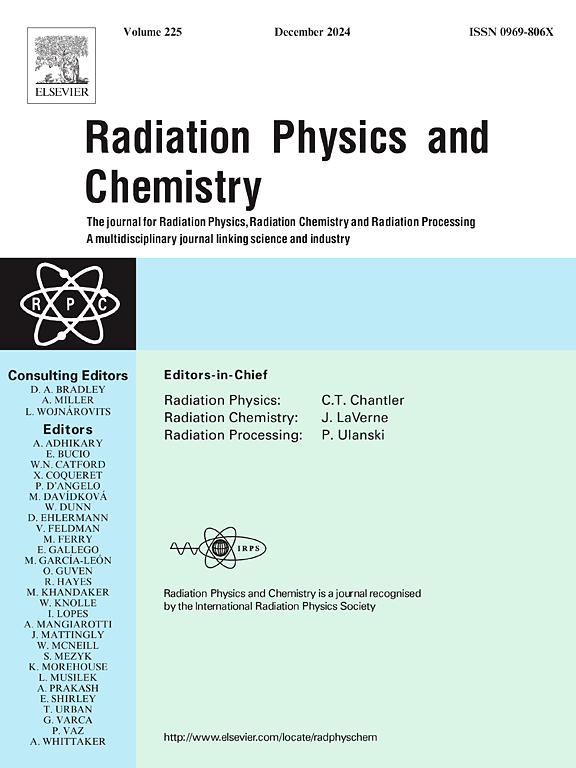从摩洛哥磷矿中回收铀用于核动力海水淡化和水安全:综述
IF 2.8
3区 物理与天体物理
Q3 CHEMISTRY, PHYSICAL
引用次数: 0
摘要
摩洛哥面临着严重的水资源短缺,这使得核动力海水淡化成为一个有希望的解决方案。摩洛哥拥有500亿吨磷酸盐储量,其中含有690万吨铀,是最大的非常规铀资源,提供可持续的铀供应。本文综述了溶剂萃取法、离子交换法和膜法从湿法磷酸(WPA)中回收铀的方法,重点介绍了它们的效率和适用性。评估了将铀回收与摩洛哥磷酸盐工业结合起来的可行性,强调了其在支持国内核能生产方面的作用。此外,该研究还探讨了核脱盐的经济可行性,展示了其确保长期水和能源安全的潜力。讨论了促进铀回收和核脱盐工作的政策和监管框架。研究结果表明,利用磷酸盐衍生铀可以使摩洛哥成为全球核燃料循环的关键参与者,同时加强可持续的水管理。本文章由计算机程序翻译,如有差异,请以英文原文为准。
Uranium recovery from Moroccan Phosphate rock for nuclear-powered desalination and water security: A review
Morocco faces severe water scarcity, making nuclear-powered desalination a promising solution. With 50 billion tonnes of phosphate reserves containing 6.9 million tonnes of uranium, Morocco holds the largest unconventional uranium resource, offering a sustainable uranium supply. This review examines uranium recovery from wet-process phosphoric acid (WPA) using solvent extraction, ion exchange, and membrane-based methods, highlighting their efficiency and applicability. The feasibility of integrating uranium recovery with Morocco's phosphate industry is assessed, emphasizing its role in supporting domestic nuclear energy production. Additionally, the study explores the economic viability of nuclear desalination, demonstrating its potential to ensure long-term water and energy security. Policy and regulatory frameworks are discussed to advance uranium recovery and nuclear desalination efforts. Findings suggest that leveraging phosphate-derived uranium could position Morocco as a key player in the global nuclear fuel cycle while reinforcing sustainable water management.
求助全文
通过发布文献求助,成功后即可免费获取论文全文。
去求助
来源期刊

Radiation Physics and Chemistry
化学-核科学技术
CiteScore
5.60
自引率
17.20%
发文量
574
审稿时长
12 weeks
期刊介绍:
Radiation Physics and Chemistry is a multidisciplinary journal that provides a medium for publication of substantial and original papers, reviews, and short communications which focus on research and developments involving ionizing radiation in radiation physics, radiation chemistry and radiation processing.
The journal aims to publish papers with significance to an international audience, containing substantial novelty and scientific impact. The Editors reserve the rights to reject, with or without external review, papers that do not meet these criteria. This could include papers that are very similar to previous publications, only with changed target substrates, employed materials, analyzed sites and experimental methods, report results without presenting new insights and/or hypothesis testing, or do not focus on the radiation effects.
 求助内容:
求助内容: 应助结果提醒方式:
应助结果提醒方式:


